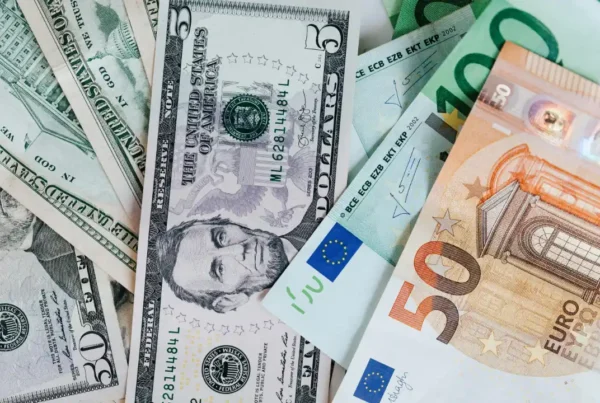
In November 2020, the DC Circuit Court ruled that EB-5 investors can use proceeds from unsecured loan for their investment capital. Zhang v. USCIS, a November 2018 Class Action Lawsuit, challenged USCIS’ denials of EB-5 investment petitions that had investment funds sourced solely from unsecured loans. The DC District Court ruled in favor of Zhang and vacated these denials, ordering USCIS to reconsider the petitions.
In the Circuit ruling, Judge Gregory G. Katsas made this statement: “Cash is fungible, and it passes from buyer to seller without imposing on the seller any of the buyer’s obligations to his own creditors. The buyer’s source of cash — whether paycheck, gift, or loan — makes no legal or practical difference.”
This decision is contrary to a 2015 USCIS policy that viewed loan proceeds as debt rather than cash, if not secured by the investor’s personal assets. In support of the investors, Judge Katsas made this statement: “As far as the enterprise is concerned, whether or how the investor’s loan was secured makes no difference; it can deploy the cash either way, and it faces no exposure if the investor defaults on any obligation to a third-party lender.”
On April 14, 2021, USCIS approved the petition at the center of the lawsuit, Zhang vs. USCIS. Some EB-5 experts were waiting to see if USCIS would continue to fight the case at the Supreme Court level but this approval of Zhang’s petition seems to imply that the agency is reconciling its policies with the court’s decisions.
The EB-5 program, also known as the Million Dollar Green Card, allows investors to obtain a green card if they invest either $800,000 or $1,050,000 in business or projects that will create 10 full time jobs.


